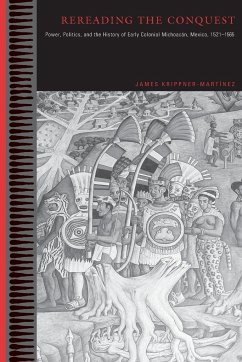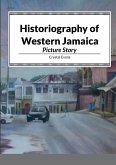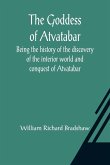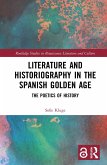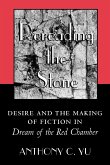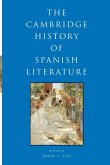Combining social history with literary criticism, James Krippner-Martínez shows how a historiographically sensitive rereading of contemporaneous documents concerning the sixteenth-century Spanish conquest and evangelization of Michoacán, and of later writings using them, can challenge traditional celebratory interpretations of missionary activity in early colonial Mexico. The book offers a fresh look at religion, politics, and the writing of history by employing a poststructuralist method that engages the exclusions as well as the content of the historical record. The moments of doubt, contradiction, and ambiguity thereby uncovered lead to deconstructing a coherent conquest narrative that continues to resonate in our present age. Part I, "The Politics of Conquest," deals with primary sources compiled from 1521 to 1565. Krippner-Martínez here examines the execution of Cazonci, the indigenous ruler of Michoacán, as recounted in the trial record produced by his executioners; explores the missionary-Indian encounter as revealed in the Relación de Michoacán; and assesses the writings of Michoacán's first bishop, the legendary Vasco de Quiroga, and their complex interplay of authoritarian paternalism and reformist hope. Part II, "Reflections," looks at how the memory of these historical figures is represented in later eras. A key text for this discussion is the Crónica de Michoacán, written in the late eighteenth century by the Franciscan intellectual Pablo de Beaumont. Krippner-Martínez concludes with a critique of the debate that initiated his investigation?the controversy between Latin Americans and Europeans over the colonialist legacy, beginning with the Latin American Bishops Conference in 1992.
Hinweis: Dieser Artikel kann nur an eine deutsche Lieferadresse ausgeliefert werden.
Hinweis: Dieser Artikel kann nur an eine deutsche Lieferadresse ausgeliefert werden.

